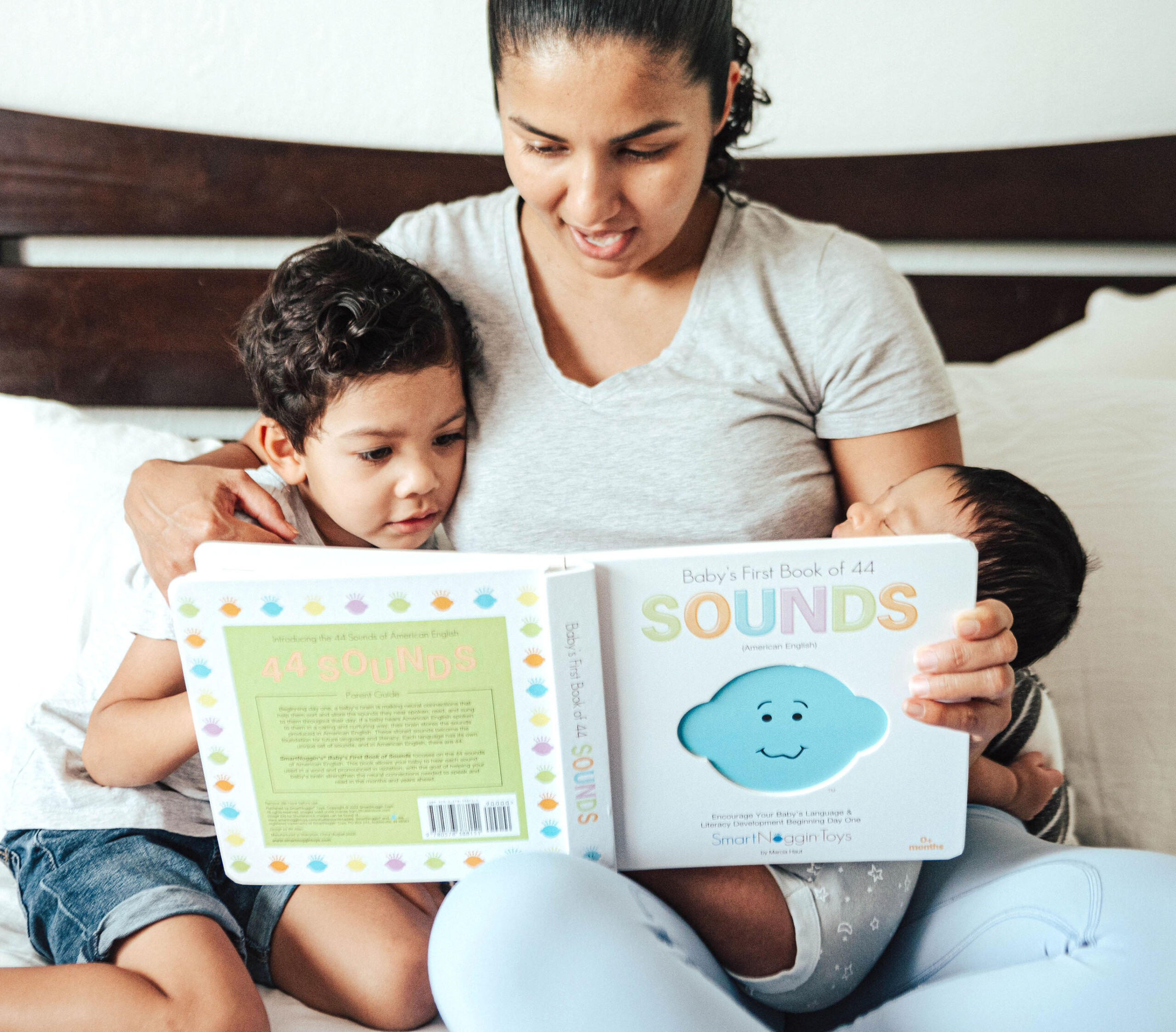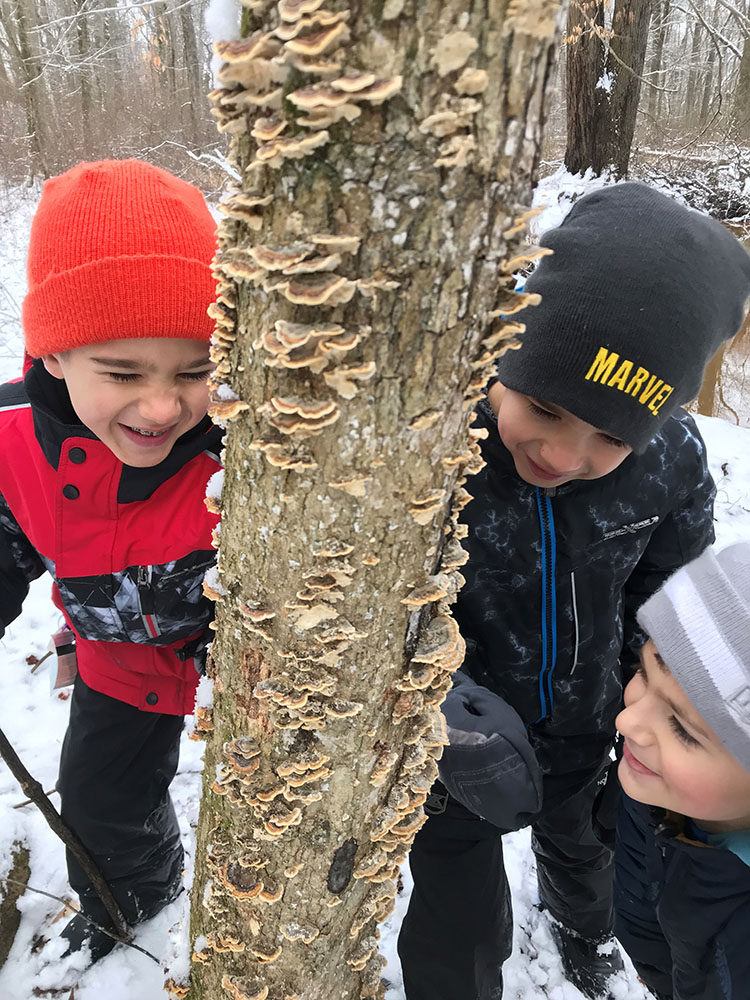What makes children want to learn and love school … and still be successful?
Answers vary for different kids, but research points to some key ingredients of progressive education, as outlined by Kate Kerrane, teacher and educational director of grades 5-8 at NCCL School in Newark, DE.
- Learning is active, not passive. Kids ask questions they care about, about things that matter to them. Building skills feels meaningful and useful to students who can apply them in real life.
- Making academic mistakes is safe; instead of feeling negatively about them, students are supported in growing from them. Students are challenged at a developmentally appropriate level.
- Understanding is deeper than tests and scores. Project-based learning focuses on process and substance, not just answers.
- Students are part of a caring community in which members learn to consider the impact of each person’s actions on others.
- Children feel safe and confident expressing themselves in a myriad of ways: formulating insightful research questions, experimenting with a new artistic medium, or educating others in the school community about matters they’ve passionately investigated.
A Progressive Approach
What do these key ingredients look like in a school program? NCCL School, the only Progressive-designated school in Delaware, empowers children in grades K-8 for life, based on the philosophy articulated by education theorist John Dewey, “Education is not preparation for life but is life itself.” The entire school experience itself impacts and helps shape the student. As a Progressive School, NCCL School does so by building an educational community where subjects, lessons and skills connect to real problem solving and where positive, mutual relationships are woven throughout the process and outcomes. Kerrane refers to the importance of “social-emotional growth and joyful rigor at the heart of the student experience.” For instance:
- In their multiage classrooms, a first grader teaches a new kindergartener how to perform the coveted job of taking attendance. This routine combines reading each name on the roster with a greeting in a foreign language.
- Another student teaches a new classmate how to measure the outside temperature and report it to the class as the meteorologist.
- “Museums” are conducted at the end of some academic units so that students can demonstrate or teach their findings to others.
- Kids run school-wide meetings, where it’s not unusual for a 6-year-old to propose the creation of a nature kitchen or other long-term project spinning off from a science unit.
A Job to Do
Jobs and roles are taken seriously in building the community network, and they’re foundational in establishing civic attitudes, individual voice, and democratic behaviors.
Seventh and eighth graders at NCCL School have two-hour apprenticeships every week with their commercial and non-profit mentors. Leading up to this enviable opportunity — whether at a restaurant on Main Street, a local Newark business, or a department of interest at the University of Delaware — the kids have already learned to research local commerce, prepare job applications, and practice interviewing, thereby acquiring a host of skills needed for successful participation in adult leadership roles. They gain on-the-job experience that translates directly into future competencies and learning.
The “Big Give” allows middle schoolers to pursue a major challenge about which they’re deeply concerned. They research it, connect with stakeholders, analyze options, develop a mission statement as well as a plan for contributing toward a solution, and tackle it. In doing so, they’re honing and applying skills in communications, economics, math, history and science, all while building an effective executive function. Each student starts with about $50 and learns quickly how to leverage that into a meaningful course of action.
Standards for Future Success
Progressive education may sound idealistic, but it is rooted in research-based practices established over a century. NCCL School’s progressive structure ensures that students meet rigorous, standards-grounded curriculum in a way that’s responsive to their needs, strengths and challenges. Teachers provide comprehensive feedback in the form of conferencing, project evaluation, and narrative reports. Although NCCL School students don’t take standardized tests or receive letter grades, their skills ensure that they perform in that realm as well.
NCCL School, founded in 1971, is proud that over 90 percent of their graduates are on the honor roll at their chosen high schools in the first marking period after their transition; that graduates are selected by superintendents and deans to serve in advisory positions; and that post-academic alumni serve in community and career leadership roles.
Best educational practices have long reflected — as Plutarch reputedly noted some 2000 years ago — that “The mind is not a vessel to be filled, but a fire to be kindled.” Education at NCCL School is generating a lot of heat and light.







